This post is an intro to a year-long blog series about what pastors and parents need to know to better minister to gay Christian women according to a historic sexual ethic. In this blog post and future ones, I will use a mix of terms, including “same-sex attraction” and “gay.” I use the word gay as a catch-all term for people who are attracted to people of the same sex, whether they are gay, lesbian, or bisexual. None of these terms imply particular theological beliefs, behaviors, or actions.
My Story
Prior to age 14, I had no idea what sexual or romantic attraction meant. Boys had always been “just friends.” I tended to be more starry-eyed around girls, but I just assumed it was because I desperately wanted a best friend who was a girl. I was certainly not the weird one. My girl friends were simply boy-crazy.

But, at 14, when a girl hugged me and I felt a rush that left me tingling and breathless, I panicked. I immediately analyzed myself to discover if I was actually gay. I imagined kissing this girl and couldn’t tell if I was disgusted or if I liked it. Unintentionally, the romance wandered into my dreams. I would wake up disturbed, feeling like I’d done something wrong. Who was I becoming? What was happening to me? Why couldn’t I figure this out?
Anxiety was one of my earliest companions in life. Hoping this was just another case of meaningless obsessive thoughts, I went immediately to my parents to ask them what this all could mean. It truly is a testament to my parents that I trusted them so quickly with this information. How could they have known that responding to my anxiety in ways that had worked in the past would not be helpful in this case? The Christian parenting books and seminars didn’t cover this. Absolutely nothing had prepared them for what to say when their teenage Christian girl came out to them. I remember awkwardly relating to them how I didn’t understand what I was feeling towards this girl in my youth group. I shuddered when I said the word gay. I had little idea what sex even was. Clueless, confused, and terrified, I begged my parents to tell me I didn’t need to worry.
And that is what they did.
It’s just a phase.
You don’t need to try to figure this out.
You’re just being paranoid.
If you don’t want to be gay, you aren’t.
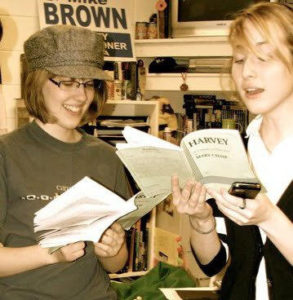
These are the phrases that assuaged my worries and gave me permission to quarantine my feelings. I happily did so. I went to a Christian private school and was sheltered from talk of sexuality. I fast-forwarded past all the sex scenes in movies. I begged my youth group leader not to start a topical study on sex when it came up as an option – he never did.
And yet, despite my attempts to escape the topic, attractions would arise unbidden. I listened to my female friends go on and on about boys and would feel a twinge of jealousy, wishing a girl would talk about me that way. I would daydream of spending time with this pretty girl I knew. She was so beautiful, and I always felt a little nervous around her, but I could make her laugh. Every day in high school when this other girl hugged me I would feel aroused, though I had no verbiage for what those feelings were at the time. It’s an emotional connection, you’re just being paranoid, you’re not gay, I would think to myself as waves of fear, shame, and pleasure swept over me. Quickly, fear and shame became inextricably united with any feelings of attraction. Everything romantic that was supposed to feel right felt wrong, and all that was supposed to feel wrong felt right.
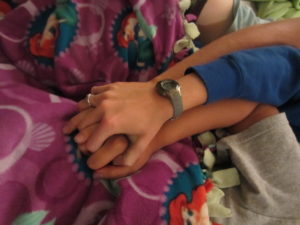
Suppression became a new sort of difficult in college. Living with a floor of amazing, beautiful women in my dorm was like the Big Leagues of temptation, and I began to unofficially recognize it as such. Whereas some of my friends would cuddle lying down or even innocently take naps in the same bed together, I forbade myself from doing that. I knew something so intimate would awaken a part of me I was happy to let slumber. Yet in those unabashed displays of platonic affection, my sadness grew. As friends dated and went on to get married, an undeniable ache began to demand my attention.
What if?
What could my parents and my church have done differently in the face of my tumultuous confusion and suppression? If I had gone to a public school and received all my knowledge about sex from a sex-ed class, how would my story have been different? What if my youth group had covered the topic of sexuality? What if girls around me hadn’t been fed the shaming messages of purity culture? What if my peers hadn’t been told that marriage and having kids were the defining moments in a Christian woman’s life?

The truth is, God has used my story of navigating my sexuality. I wouldn’t trade my journey for anyone else’s. However, the two hardest years of my life were spent unpacking ten years of suppressed emotions. It nearly ruined me. There’s got to be a better way.
In the current Christian cultural climate, we are seeing another trend. The pendulum swings now to unconditional approval: God is love and love is love. If you’re gay, pursue a relationship with the same sex. God wants that for you.
Neither suppression and shame nor unconditional approval is helpful or true. Where are the nuanced, compassionate resources by gay women and for gay women? Where are the resources that can compassionately and practically help pastors and parents disciple and love us and our gay sisters, aunts, nieces, and daughters according to a historic sexual ethic?
I joined the Equip team to help fill in some of these gaps. Through a series of blog posts and a half-day training, I hope to pass on to parents and pastors what I wish my own parents and pastors had known.
This series will better equip you to journey with young girls and women navigating the tension between their faith and sexuality.
Blog Series Topics
1. Grounding the sexuality journey in the Gospel
How do we create spaces where gay women can cultivate a love and desire for Truth while also feeling free to rest in God’s abundant grace?
2. Navigating the awkwardness and confusion of same-sex attraction as a girl
In our culture, teenage girls are encouraged to experiment with their sexuality. Many girls know very early of their exclusive attraction to the same sex. Many other girls are confused and can’t figure out whether they are bisexual or not. How should parents and pastors respond to the diversity of girls’ experiences?
3. Expanding the definition of what it means to be a Christian woman
How do women who experience same-sex attraction fit into the larger story of what Christian women are “supposed to be”? The unspoken (or sometimes blatantly spoken) expectation is that every woman will eventually become a wife and a mother. How are programs in our churches perpetuating prescriptive, limiting narratives such as these? How can pastors/parents flip the narrative and value both marriage and lifelong singleness in practical ways?
4. The aftermath of purity culture, silence, and shame
The Church has poorly communicated a number of truths regarding sexuality. Christian purity culture has shamed and degraded women. Silence from the Church has left girls and women who struggle with porn or masturbation feel that they are particularly sinful. And if its GAY porn, the shame runs even deeper. How can pastors/parents counteract the lies?
5. Encouraging intimate friendships
What does it mean for women who experience same-sex attraction to have intimate, meaningful friendships? How can gay women experience the goodness of same-sex and opposite-sex friendships with minimal shame and maximum freedom?
I feel humbled to be writing about the diverse experiences of gay Christian women. I am not the ultimate authority on this topic, but I hope God will use my story to give grace and wisdom nonetheless. I look forward to journeying with you!
Support the creation of more content by and for women by giving at equipyourcommunity.org/give and committing to pray for the Equip team.
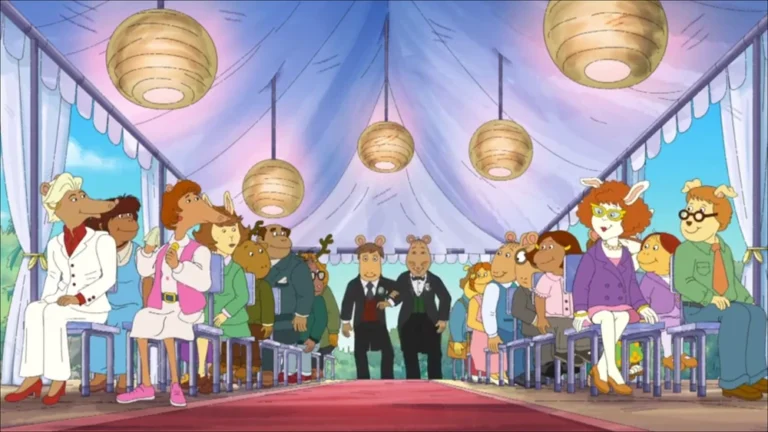
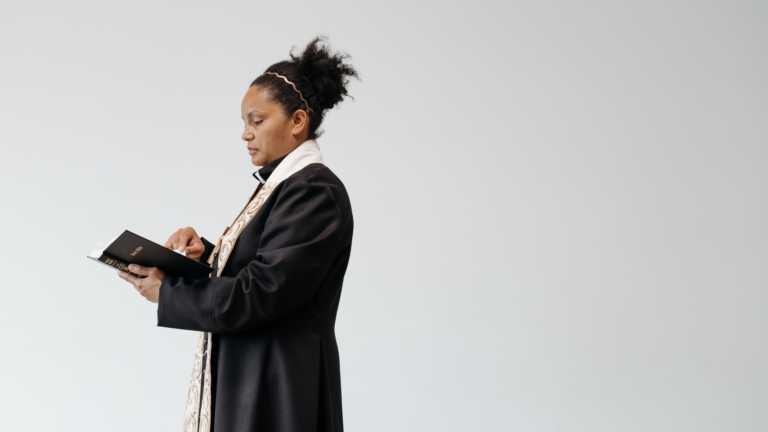
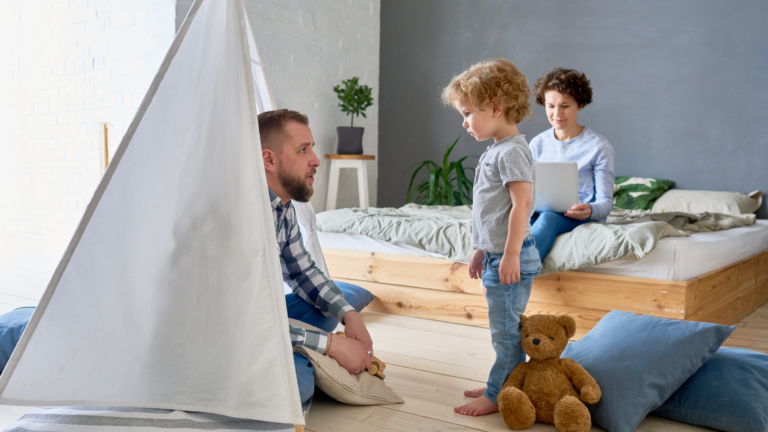

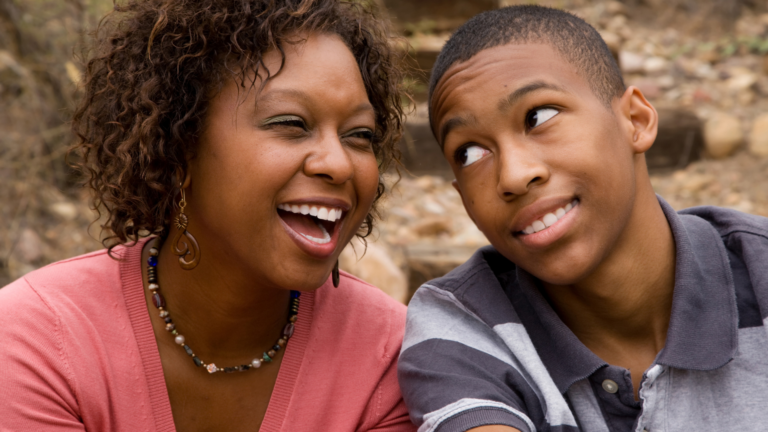
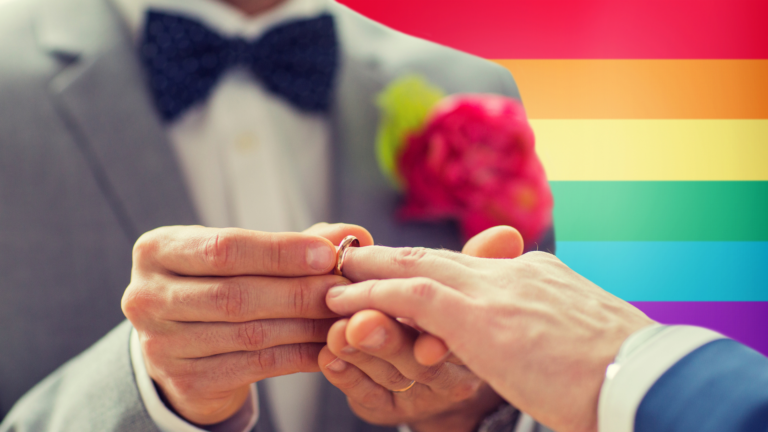

Kemy
Hi, where can I find the blog series? The hyperlink doesn’t work. Thanks for being brave/sharing your story, it means a lot.
Pieter Valk
Good catch! I’ve added the link to the top of the post. Here it is: https://equipyourcommunity.org/blog/category/Gay+Women+Series